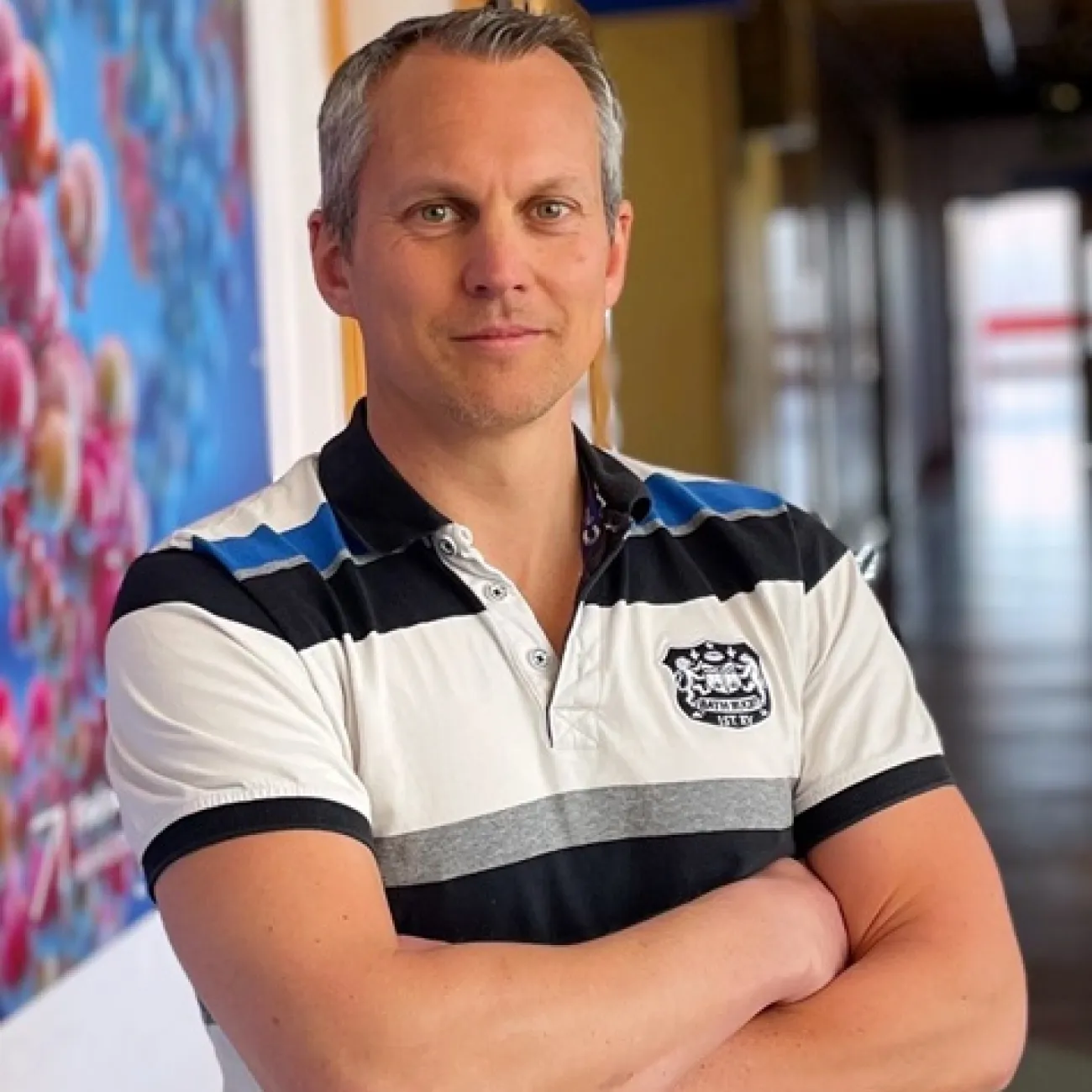Research
Research groups
Research interests
- Antibody Therapy
- Metastic Breast Cancer
- Obesity and Breast Cancer
- Tumour immune-microenvironment
Current research
Dr Charles Birts’ current research is funded by Against Breast Cancer and is focused on improving our understanding of the underlying biological and immunological mechanisms driving the association between diet, lifestyle, and breast cancer metastasis. The aim of his work is to investigate immune cell function within the tumour microenvironment and determine how we can use antibody-glycan biology and metabolic intervention to fine tune antibody effector functions. This understanding will better inform our approach to developing novel immunotherapies and maximise their therapeutic efficacy. We are also working to identify glycan biomarkers that will offer novel targets for therapy. In parallel, we are developing novel antibody derivatives through the exploitation of antibody engineering.
